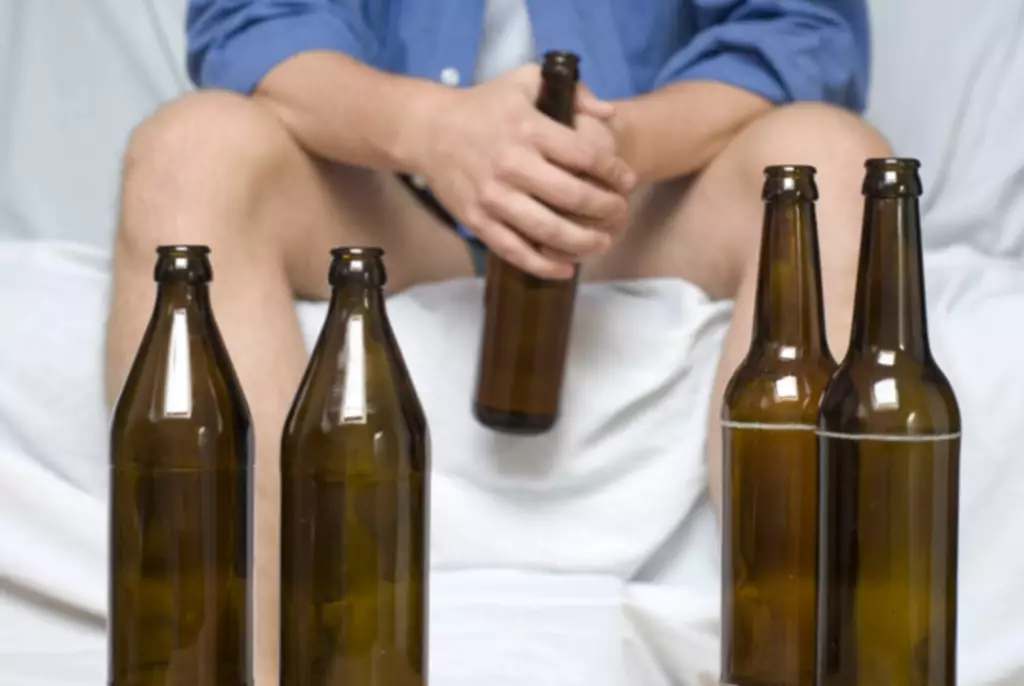Content
“After the first drink you feel like superwoman; you feel brilliant, your sweats and shakes go away,” but it won’t last for long, the doctor warns. If the alcohol shakes persist for months after abstinence, the addiction specialists will typically recommend that the patient see a neurologist. An MRI can identify shrinkage in the cerebellum, which is a sign that it has been damaged from alcohol. This can also be caused by nutritional deficiencies, which can be rectified by supplementing thiamine. The alcohol shakes are usually not brought about because of one “bad” night or a binge; these come after prolonged alcohol use, gradually worsening over time. If this is what you or someone you know is experiencing, the severity can be measured by the nature of the shakes themselves.
Typical withdrawal side effects include sweating, anxiety, insomnia, headache, nausea, vomiting, and tremors. Side effects like hallucinations, seizures, and delirium tremens (DTs) are also possible. They are a sign that you probably https://ecosoberhouse.com/article/alcohol-and-anxiety-can-drinking-cause-panic-attacks/ have a substance use disorder, as your body has become addicted. Shakes usually begin with 5 to 10 hours after your last drink and can peak at 24 to 48 hours, and are then accompanied by other symptoms of alcohol withdrawal.
What It Means If You Have the Alcohol Shakes
If you do meet the criteria for alcohol use disorder, it’s essential to understand that treating alcohol withdrawals is not a treatment for alcohol use disorder. It’s undoubtedly a critical first step in your recovery, but you will likely want to engage in longer-term treatment and support to treat alcohol use disorder itself. When a person who is addicted to alcohol stops drinking, they may experience symptoms of withdrawal.
Many party-goers who have had one too many drinks the night prior awake dehydrated and hungover. This will enable them to push through the withdrawal period long enough to receive the full scope of addiction treatment. During this time, a patient can anticipate learning about the science behind addiction and how it interacts with the chemical systems in the body. With this knowledge, the patient is better equipped to understand and even manage their symptoms if this occurs again. Some people have greater success handling alcohol withdrawal on their own than others. There’s no shame in needing medical assistance to overcome serious withdrawal symptoms so you can focus on coping mechanisms and activities that reduce your chance of returning to alcohol in the future.
What are Alcohol Shakes?
Alcohol dependence might be shrouded as “having a good time” but it’s important to remember that denial and rationalization are common tactics. There is a percentage of alcohol-dependent people who express high-functioning such as going to work and performing other tasks. Once alcohol abuse has exceeded this point, the person drinks to live rather than living to drink. The withdrawal effects are too much to bear and create a rift in the recovery process. Most addiction treatment programs for alcohol use disorder will begin with an alcohol detox, where your system will flush out the alcohol over several days. Detox programs may also include medications to help with more extreme shaking and other symptoms.
While alcohol shakes can be both scary and uncomfortable, in the situation of someone who does not suffer from AUD, they usually subside. With that being said, drinking to the point of inducing shakes is an unhealthy behavior and can be a sign of alcohol dependence. Take the time to self-reflect upon your drinking habits to discern whether or not you have a problem. If you or someone you know starts to shake anywhere from 6 to 84 hours after drinking alcohol, call a hospital or treatment center as soon as possible. The first thing you should do after seeking immediate medical attention for the alcohol shakes is to undergo detox treatment.
What Are the Signs of Alcohol Withdrawal?
Futures assists individuals in gaining a foothold in recovery and developing a plan to maintain long-term health and well-being. To determine if tremors experienced during alcohol detox are caused by DTs or a typical AWS, it’s necessary to understand the alcohol withdrawal timeline. A malfunction in the regions of the brain that govern the body’s muscles causes involuntary shaking. Regular consumption of alcohol alters the function and production of neurotransmitters in the brain. The absence of alcohol can cause these neurotransmitters to become imbalanced. As a result, the brain has difficulties controlling the fine motor muscles and sends unexpected electrical signals to your body, resulting in tremors.
Some people experience a severe form of alcohol withdrawal called delirium tremens. Minor tremors become full-body seizures accompanied by high blood pressure and hallucinations. If you notice that you develop shakiness or tremors when you do not drink, this how to stop alcohol shakes can be a very concerning sign of alcohol dependence and one should seek medical attention. Alcohol can affect brain chemistry while we are drinking and after we stop. Frequently asked questions from my patients include ‘is alcohol a stimulant or depressant?
For Health Care Professional
Once a recovering alcoholic has completely detoxed, tremors will usually resolve. However, long-term alcohol abuse can cause brain, nerve, and liver damage, which may result in permanent tremors. Again, shaking and tremors can also be a symptom of alcohol withdrawal syndrome, which can happen if you’ve been drinking for a while and suddenly stop or sharply reduce your intake.
- Other symptoms of alcohol-related cerebellar dysfunction can include poor coordination and balance, clumsiness, an unsteady walk and involuntary back-and-forth eye movements known as nystagmus.
- Take our short alcohol quiz to learn where you fall on the drinking spectrum and if you might benefit from quitting or cutting back on alcohol.
- After safely completing detox and reducing the risk of alcohol withdrawal, many people pursue longer-term care such as online alcohol treatment.
- Alcohol withdrawal is easy to diagnose if you have typical symptoms that occur after you stop heavy, habitual drinking.


